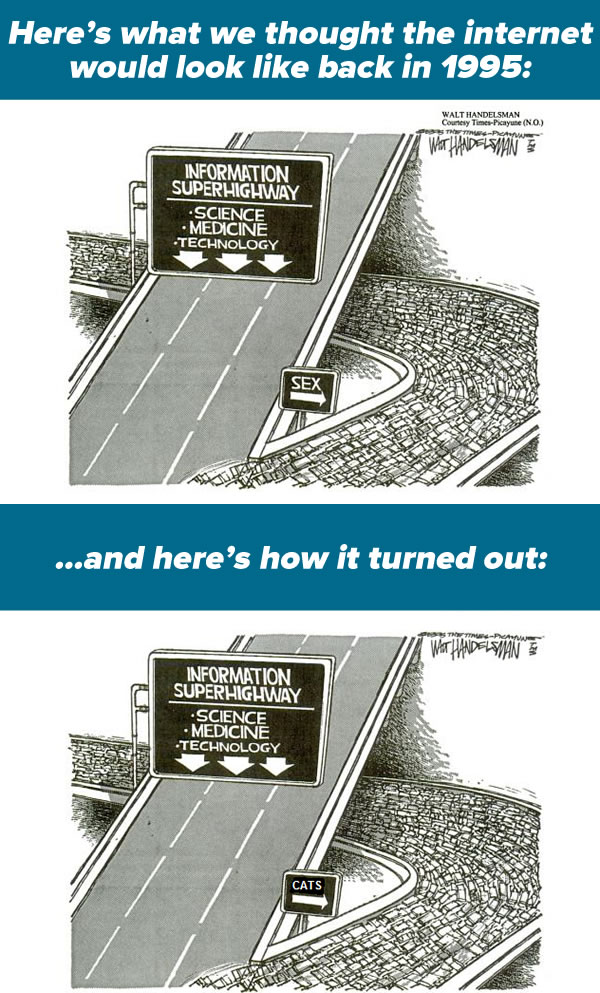Two recent articles made me think again about how weird journalism and publishing has become because of the internet and social media. In Instagram’s TMZ Jenna Wortham describes a very successful celebrity gossip “site” (what should we call these things now?) that exists primarily on Instagram:
Angie explained to me that Instagram perfectly suited her vision for The Shade Room: image-centric and interactive. For her purposes, Instagram was the equivalent of WordPress. When she started the feed a year ago, her goal was to accumulate 10,000 followers in the first year. She accomplished that in only two weeks. Angie started by posting about people at the bottom of the celebrity hierarchy (minor reality stars, mostly) and worked her way up to bigger names, building her loyalties slowly. Eventually, readers started sending her tips and videos via Instagram’s direct-messaging feature. Now, The Shade Room has more than half a million followers on Instagram alone.
Of course, this “business” is one decision by Instagram away from total collapse, but for now it’s an amazing success story.
The second article continues the media’s fascination with Buzzfeed. From Adrienne LaFrance and Robinson Meyer long and very interesting The Eternal Return of BuzzFeed:
BuzzFeed is a successful company. And it is not only that: BuzzFeed is the rare example of a news organization that changes the way the news industry works. While it may not turn the largest profits or get the biggest scoops, it is shaping how other organizations sell ads, hire employees, and approach their work. BuzzFeed is the most influential news organization in America today because the Internet is the most influential medium—and, in some crucial ways, BuzzFeed demonstrates an understanding of that medium better than anyone else.
And this:
Culturally, economically, even politically: BuzzFeed is so influential because it is still in ascendance. We don’t yet know how big this publication will get, how sweeping and lasting its effects on the American media sphere will be. “We’re still really small,” Peretti insists. “You have Disney and Viacom and Time Warner—the really big media companies are giant compared to us.” But BuzzFeed’s growth has been relentless in recent years. It shows no signs of slowing. Peretti is deliberately and aggressively building his company to be big. “The Internet isn’t for small companies,” he said last year.
It’s hard not to admire the way Buzzfeed understands how the internet hive mind works. Let’s not forget that they were the first publication to figure out what the internet is really for:
